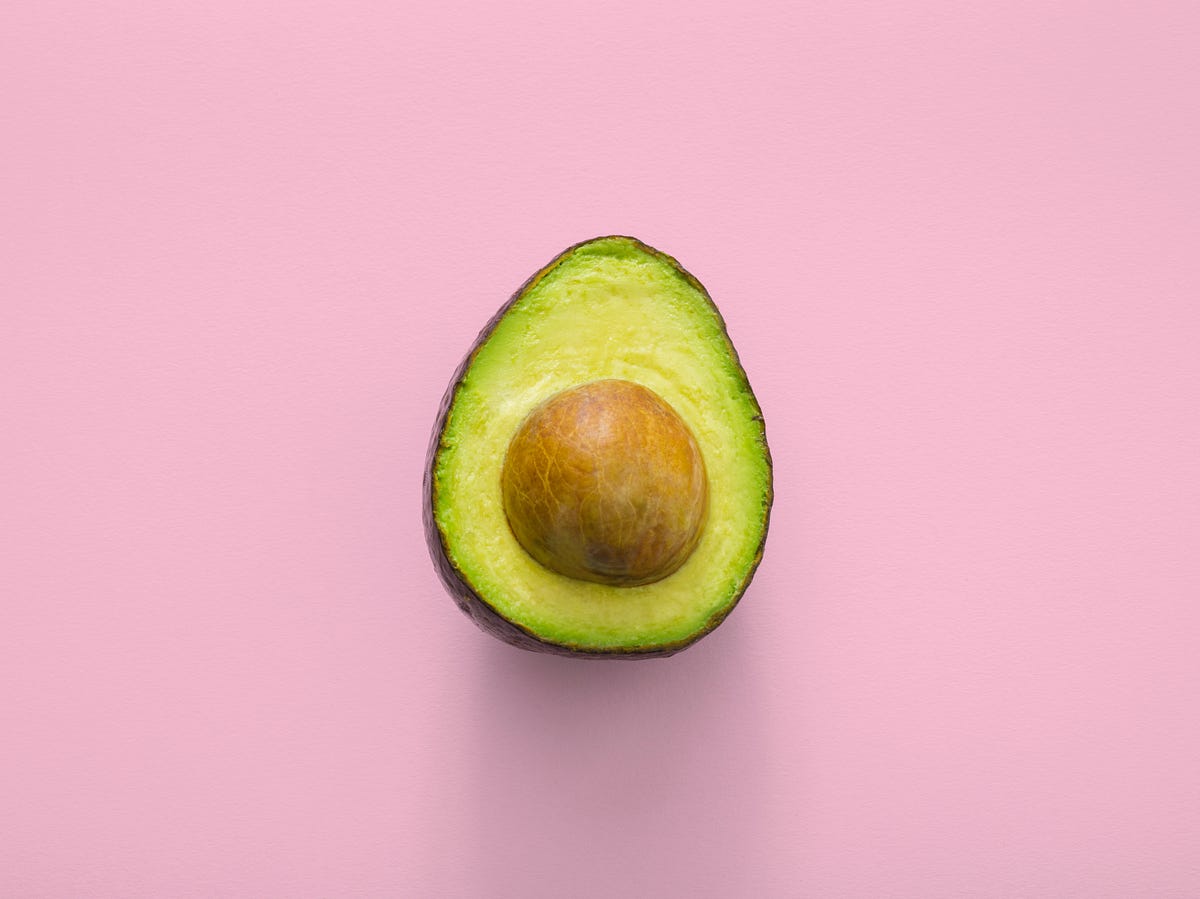The Obesity Code, Learning, and Personal Finances
Nov 15, 2020 5:01 pm
Hey friends,
Welcome back to another issue of Thought Caffeine, a weekly newsletter where I share my favourite productivity tips, random party facts, and other interesting finds throughout my week.
📕 Book: The Obesity Code
I raced through this book in 3 days. Honestly I wasn't expecting too much considering this book's clickbait-y title, but I instead found some interesting insights about the science of obesity. Here are my favourite takeaways:
- Reducing your caloric intake will trigger a reduction in your caloric expenditure, like a person whose salary was reduced would have to change their spending infrastructure.
- Obesity happens when the body weight set-point is set too high. This means that the body will try to regain lost body weight from dieting or exercise in order to keep the body weight in homeostasis.
- Very low-carbohydrate diets maintain metabolism better than low-fat diets, keeping BMR stably high & prevent regaining of weight.
- Meal timing is important. The less frequent you eat & the longer the fasting period, the less the amount of insulin spikes. Contrastingly, snacking causes frequent insulin spikes, which increases risk of insulin resistance (and obesity).
- The hormonal obesity theory highlights 4 main things. First and foremost, fructose leads to insulin resistance. It is the most nefarious thing and shouldn't be in your menu. Animal protein, fattening carbohydrates, and cortisol also play a role in chronically increasing blood insulin levels. The incretin effect explains why fatty foods stimulate early satiety, which ultimately makes you eat less, and lastly, protective factors like vinegar and fibres help curb the effects of insulin. Insulin is what directly causes obesity, not calories.
🙇🏻♂️ Learning is like a pendulum
Learning is best understood like a pendulum. It almost never involves linear progress. Like a baby who succeeds in standing up for the first will most likely fall again at least a dozen times before gaining the confidence and ability to locomote bipedally. Learning is like that. Setbacks are part of the deal.
In music, failure to understand this notion of learning is reflected by the second album syndrome, in which a musician's second album performance takes some sort of a measurable tumble. As one would imagine, this often frightens most amateur musicians from releasing a second album altogether.
Across other industries, similar concepts can be seen taking effect through the preservation of terms like the second season syndrome and the sophomore slump. If you feel like you're stuck in a rut, remember that stumbles are necessary for improvement.
💸 Matt D’Avella on personal finances
Matt D'Avella, whose early work pulled me into minimalism and the hustle scene, also has one of these newsletters, though he's much more vocal in his Youtube page. Last week, he delivered a short and sweet email on ways to reach financial freedom, which I thought was self-stimulating and insightful. I've summarised them below:
- Embrace delayed gratification, by buying only what you truly need or want (sometimes, we don't want the thing inasmuch as we want the "shopper's high"). And even if you do decide to buy, prioritise refurbished/used. And buy in cash.
- Avoid lifestyle creep, by avoiding a linear correlation between amount earned and amount spent. Fact check: your expenses don't have to climb with your income growth. Save the difference, and see your wealth slowly bloom.
- Understand the debt mindset, by not getting into it in the first place. Avoid instalment purchases (besides perhaps a house mortgage, which is the only acceptable thing to finance) and only buy in you have the cash outright. If you're already in debt, then start slowly paying it off.
💥 Seth Godin on Making A Ruckus
The status quo is resilient and long-lasting. That’s why it’s the status quo. It sticks around precisely because it’s good at sticking around.
And sometimes that’s a very good thing. We need a firm foundation and the stability it brings in order to make plans, build for the long haul and live with some measure of confidence that tomorrow will be at least a bit like today.
But too often, the status quo gets stuck. It reinforces injustice, persists in unfair or inefficient approaches and most likely, fails to create as much value as it could.
It’s in those moments that we need your ruckus.
✍️ Article: What Makes A Food “Unhealthy”
Here I lay out the inherent flaws of research on determining dietary recommendations and a golden rule to distinguish what's healthy from what's not.
If you'd like to read more of my articles, click on the little green button down below 🌿
📖 Quote of the Week
“Don’t think about winning the SEC Championship. Don’t think about the national championship. Think about what you needed to do in this drill, on this play, in this moment. That’s the process: Let’s think about what we can do today, the task at hand.”
From The Obstacle Is The Way by Ryan Holiday. Resurfaced via Readwise.
🐦 Tweet of the Week
That's all for this week's issue. If you think your friends would enjoy receiving emails like these on the weekly, please share this with them by hitting <Forward> and have them click on the button below to subscribe to Thought Caffeine 🚀
Have a blast of a week! 🛵
John



